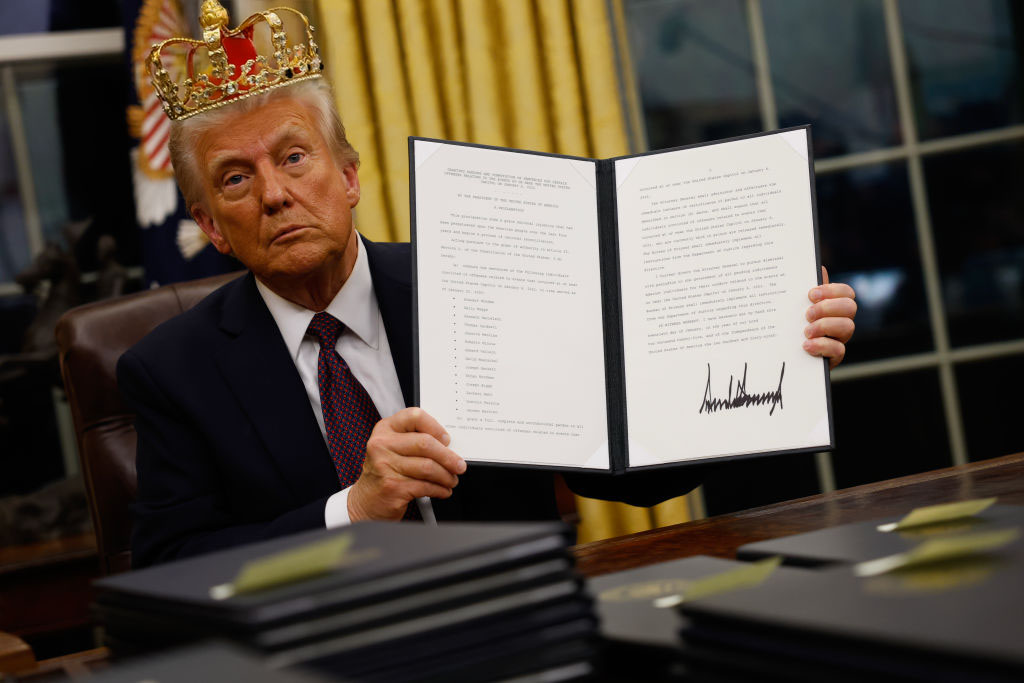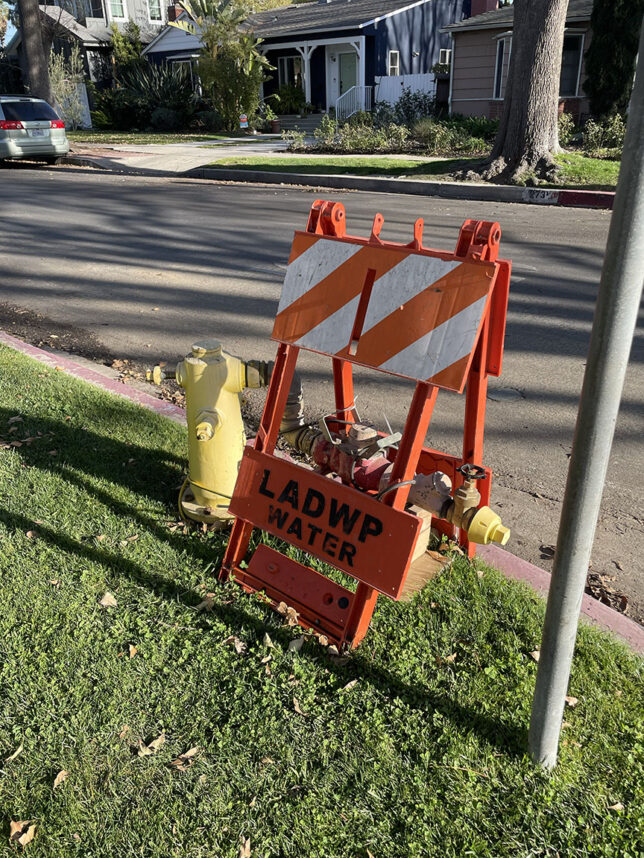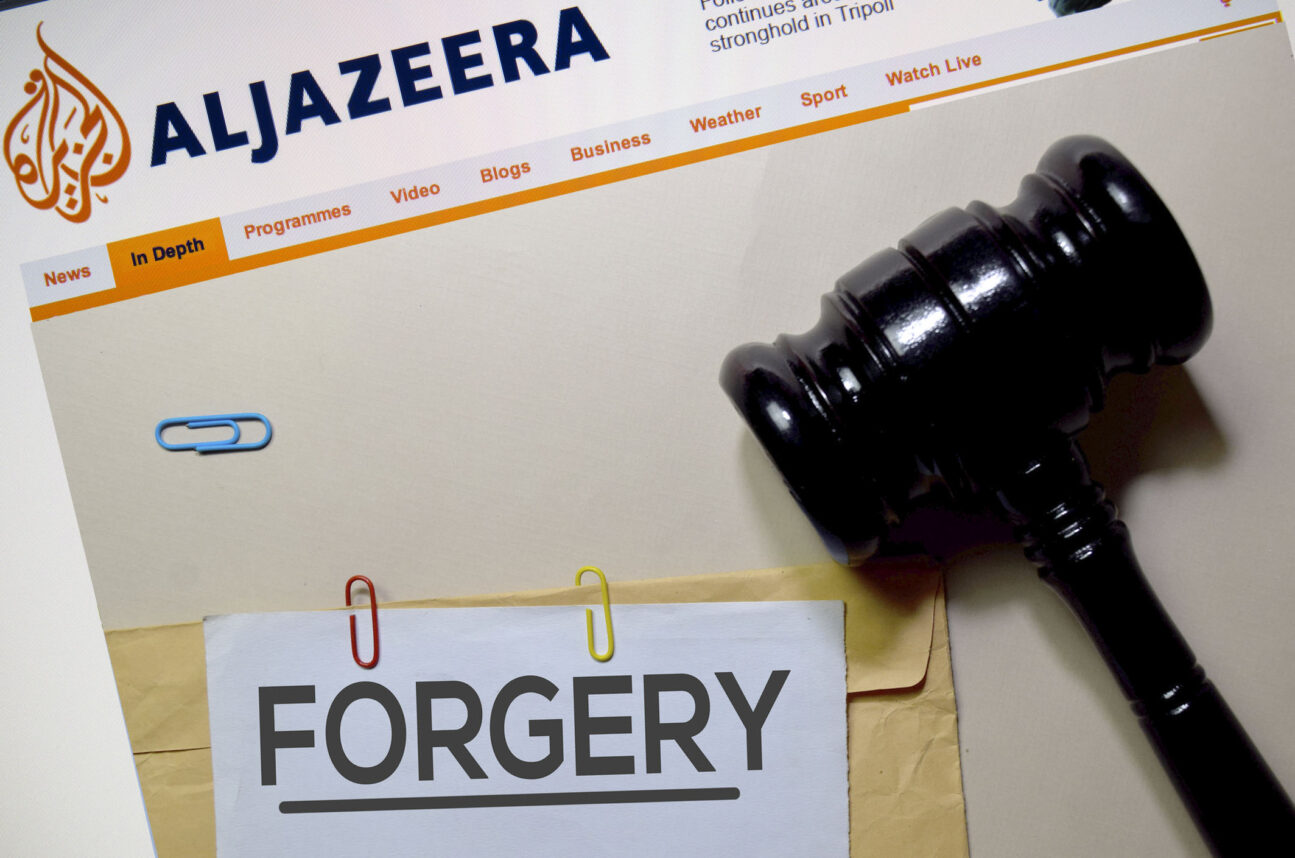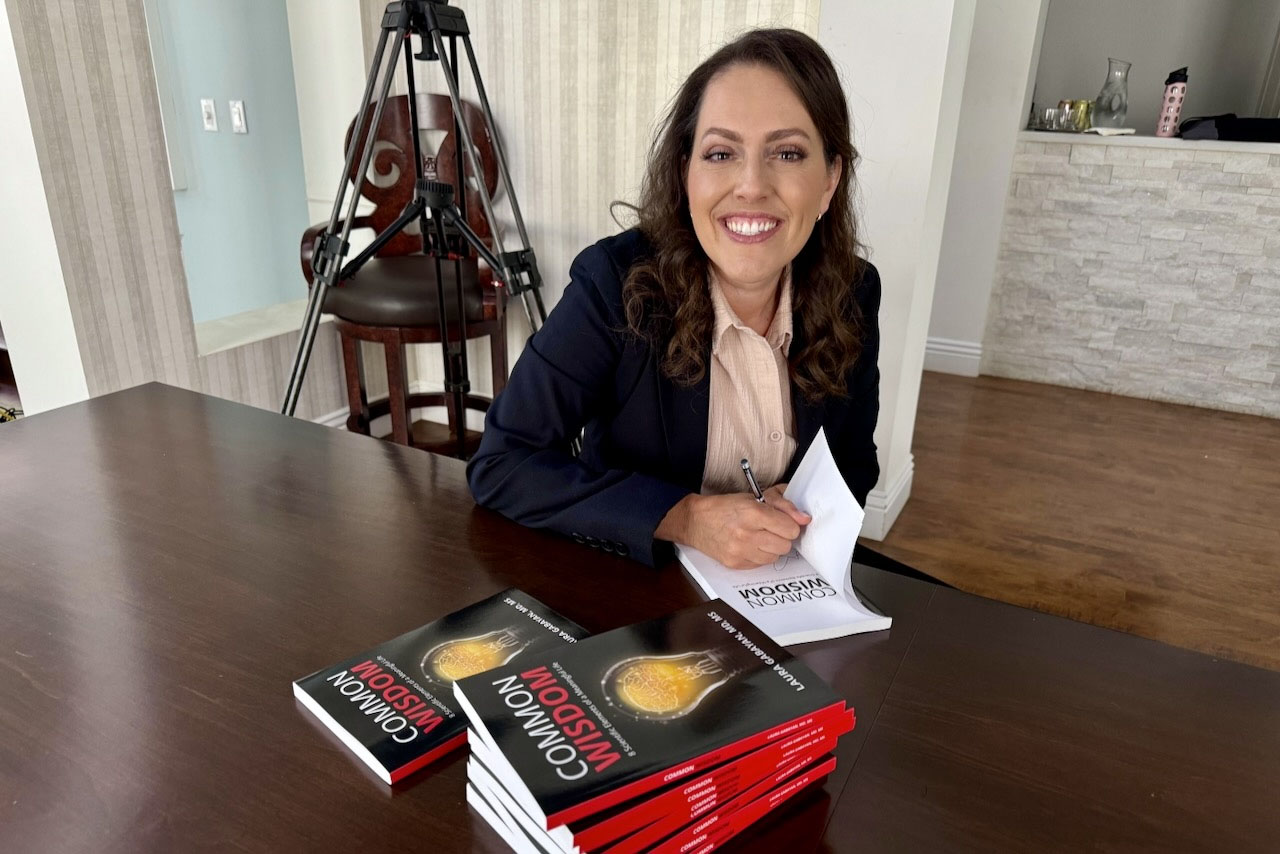
It can be either invigorating or unnerving to discover a previously unknown branch of the family tree that challenges everything you grew up knowing about your family.
Princeton University President Christopher Ludwig Eisgruber discovered such a branch. He spent most of his life surrounded by Catholicism. Raised Catholic, he went through adulthood as a “non-atheist” (his term). It was only when his young son had to do a project on ancestry that Eisgruber learned some of his family were processed through Ellis Island — and were Jewish.
After further investigation, he discovered his immigrant mother, who came from Berlin to New York at age 8, was Jewish. He had been told his mother converted to Catholicism from Protestantism before meeting his father. According to Eisgruber’s mother, his father was a member of Hitler Youth and was anti-Semitic. When Eisgruber learned about his roots, he voluntarily walked into the world of Judaism, although he still is a self-proclaimed “Jewish non-atheist.”
Elected in 2013 as Princeton’s latest president, Eisgruber has a host of degrees under his belt: a bachelor’s in physics from Princeton, a Master of Letters in politics from the University of Oxford and a J.D. from the University of Chicago Law School. For 11 years, he taught at New York University’s School of Law.
According to The Presidents of Princeton University website, Eisgruber returned to Princeton in 2001, “joining the faculty as the director of the Program in Law and Public Affairs and the Laurance S. Rockefeller Professor of Public Affairs in the Woodrow Wilson School of Public and International Affairs and the University Center for Human Values. He directed Princeton’s Program in Law and Public Affairs from 2001 to 2004, and he served for a year as acting director of the Program in Ethics and Public Affairs in 2002–03.”
It was only when his young son had to do a project on ancestry that Eisgruber learned some of his family were processed through Ellis Island — and were Jewish.
Eisgruber has a fierce belief in freedom of speech and inclusivity on campus, feeling the two do not have to be mutually exclusive. It is important to him that everyone have a voice and participate in discussions about controversial subjects, with “participate” being a key word. There is no room for violence or “nasty provocation” in his vision of free speech.
Eisgruber has lent his expertise on the U.S. Constitution to legislative bodies, testifying in regard to religious freedom. He is a prolific writer, having penned books delving into the law and the Constitution, including “Constitutional Self-Government” (2001) and “The Next Justice: Repairing the Supreme Court Appointments Process (2007).”
In addition to his earned degrees, the University of Edinburgh granted Eisgruber an honorary doctorate in 2015, and Oxford’s University College elected him an honorary fellow. Outside the realm of universities, he became a member of the American Academy of Arts and Sciences in 2014.
In keeping with his goal of mentoring and encouraging young people as well as his advocation for equal opportunity regardless of socioeconomic standing, Eisgruber is a steering committee member of the American Talent Initiative (ATI). The ATI consists of a group of colleges and universities “dedicated to substantially expanding opportunity and access for low- and moderate-income students.” The ATI includes Bard College, Dartmouth College, Duke University, Stanford University, Ohio State University and Princeton University.
Sharla Etkin-Ives is a freelance writer and editor who lives in upstate New York.






















 More news and opinions than at a Shabbat dinner, right in your inbox.
More news and opinions than at a Shabbat dinner, right in your inbox.